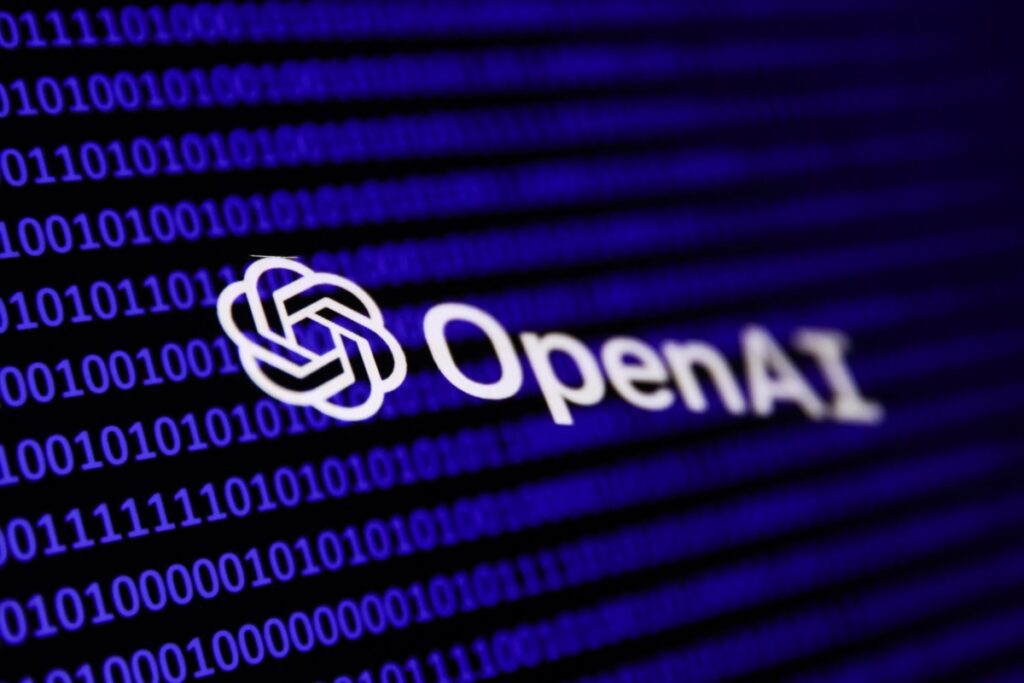OpenAI’s AI Training Practices Under Scrutiny
Concerns Over Copyrighted Content
OpenAI is facing serious allegations regarding its training methods for artificial intelligence models. Recent investigation by the AI Disclosures Project, co-founded by Tim O’Reilly and economist Ilan Strauss, accuses the company of using copyrighted material from O’Reilly Media without appropriate licenses. This includes the use of nonpublic books to train its most advanced AI models, including the GPT-4o.
Understanding AI Model Training
AI models function as complex prediction systems, learning from vast amounts of data such as books, films, and other cultural artifacts. The process involves identifying patterns in the data, allowing the model to generate text or images that mimic human-like outputs based on given prompts. While advanced models like GPT-4o produce more sophisticated responses, they fundamentally do not create original ideas but rather remix existing knowledge.
The Findings of the New Research Paper
The research conducted employed a method known as DE-COP, which assesses whether AI models can identify text that may have been included in their training data. The analysis concluded that GPT-4o shows a notable recognition of O’Reilly’s paywalled content, compared to previous versions such as GPT-3.5 Turbo, which suggests that the newer model had prior knowledge of this copyrighted material.
Methodology and Results
The authors, including O’Reilly, Strauss, and AI researcher Sruly Rosenblat, examined the knowledge of various OpenAI models regarding excerpts from 34 O’Reilly books. Their findings indicated that GPT-4o had a significantly higher recognition rate of paywalled O’Reilly content than its predecessors, challenging OpenAI’s compliance with copyright regulations.
OpenAI’s Position and Response
While the authors of the report acknowledge that their findings are not conclusive—suggesting alternative explanations such as content being supplied by users—the implications are troubling for OpenAI. The company has been advocating for relaxed restrictions around the use of copyrighted data in AI training, seeking improved quality in training sources.
The Broader Implications
Amidst ongoing legal challenges related to training data practices, OpenAI’s situation is emblematic of a larger industry trend where AI companies are increasingly reliant on high-quality, often proprietary content. The company has established various licensing agreements with publishers and other content creators, though there appear to be gaps in their compliance regarding specific resources.
Conclusion
As OpenAI navigates the legal landscape concerning its AI training methodologies, the findings of this recent paper shed light on the potential ramifications of using proprietary data without permission. OpenAI did not respond to requests for comment on the paper’s findings.
